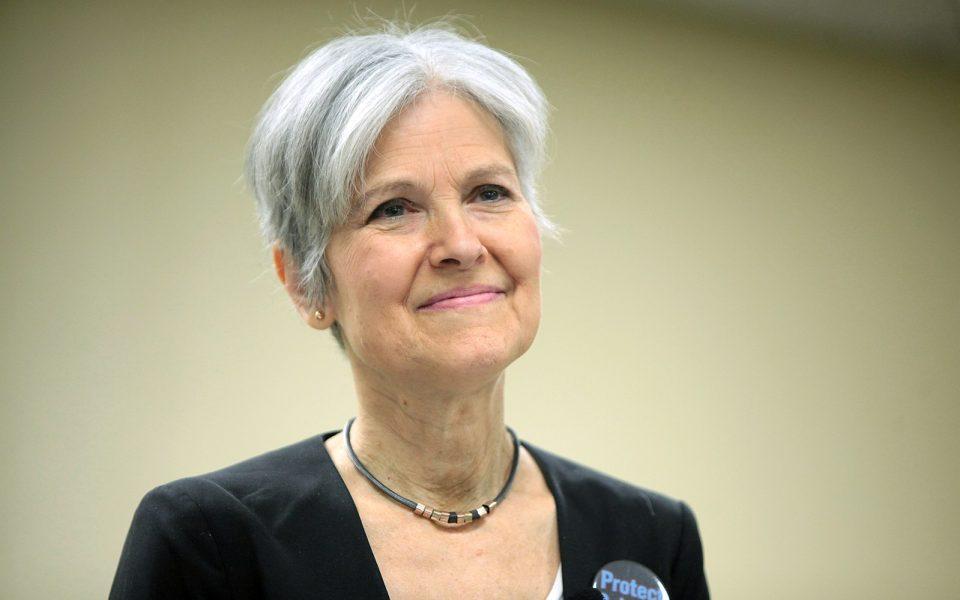What’s behind the state Board of Election’s decision on Monday to re-establish the Green Party in state partisan elections? There’s backstory a-plenty here.
The Green Party, along with the Constitution Party, became official political parties in North Carolina in 2018. The Constitution Party — which is entirely based on white Christian nationalist policies — got in because a new law drastically lowered the threshold of signatures required to get on the ballot, from 2 percent down to 0.25 percent.
The new law also helped the Green Party become officially recognized — they had a presidential candidate on the ballot in 2016 in more than 70 percent of states.
That candidate, remember, was Jill Stein, whose presence on the ballot may have cost Hillary Clinton the election by shaving off votes in battleground states. The Green Party is seen by many as more liberal than the Democrats, with progressive positions on the environment, social justice, pacifism and small-D democracy.
Understand that this is why the Republican-led NC General Assembly made this 2017 law in the first place: to give their candidates an advantage by siphoning off votes from Democrats to a third party.
In 2020, candidates from the Constitution Party and the Green Party did not get enough votes — 2 percent — to re-qualify for recognition. So the Green Party hit the pavement for signatures, amassing more than enough to get on the ballot this year. But then a big-time law firm from Washington DC intervened, casting doubts on thousands of the signatures. That was last month, when the NCSBOE voted 3-2 not to re-certify the Green Party this year.
That investigation is still ongoing, according to the SBOE, as is a lawsuit filed by the Green Party against the SBOE the very next day.
And yet the Green Party is back in after a unanimous vote by the board on Monday. And a federal judge will decide next week if the Green Party candidates can be on the ballot in November.
It matters because we have a crucial Senate race in North Carolina, one with the potential to flip the Republican-held seat vacated by Richard Burr. The Democrat, former NC Supreme Court Chief Justice Cheri Beasley, is dominating in the money race, raising more than twice as much as the Republican candidate, Rep. Ted Budd; they are polling within 1 percent of each other right now, with the advantage going to Budd.
He’ll gain an even stronger foothold if the Green Party gets to put their Senate candidate, Matthew Hoh, on the ballot in November.
He doesn’t stand a chance of winning this election. But the odds are pretty good that he would hand it to Ted Budd if he came on.
Join the First Amendment Society, a membership that goes directly to funding TCB‘s newsroom.
We believe that reporting can save the world.
The TCB First Amendment Society recognizes the vital role of a free, unfettered press with a bundling of local experiences designed to build community, and unique engagements with our newsroom that will help you understand, and shape, local journalism’s critical role in uplifting the people in our cities.
All revenue goes directly into the newsroom as reporters’ salaries and freelance commissions.


You claim to support the First Amendment, and yet here you are attacking the First Amendment rights of people who wish to vote for and associate with parties which aren’t the Democrats and Republicans. A forced two party system is not democracy, and runs afoul of the First Amendment, no matter how much you want to shame people into believing otherwise.
Why not editorialize in favor of democracy instead, by advocating for reforms such as Ranked Choice Voting?
Your idealistic disdain of the two-party system — which is right on, by the way — ignores realities on the ground, right now, and the precariousness of the Senate race, which has very real consequences.